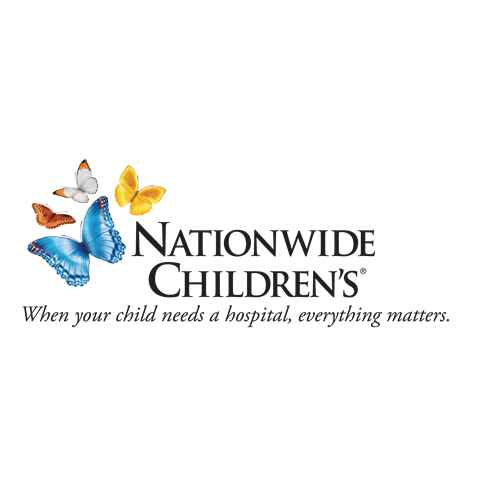Targeting GSK3β in NK Cells for Enhanced Antitumor Activity.Acute myeloid leukemia (AML) causes myeloid cells to interfere with the production of healthy white blood cells, red blood cells and platelets; patients will experience fatigue, easy bruising, infections, etc. Due to expansion ex vivo with IL-15, AML patients and donors’ natural killer (NK) cells have an increase in glycogen synthase kinase 3 beta (GSK3β) from the loss of cytotoxicity and defective metabolism. Researchers at Nationwide Children’s Hospital targeted GSK3β in NK cells to promote antitumor activity by expanding NK cells with feeder cells expressing membrane-bound IL-21 without altering the GSK3β levels. They deleted GSK3β using the cas9/RNP and expanding paired-donor knock out and wild-type NK cells. When assessing transcriptional and functional alterations induced by the loss of GSK3β, GSK3β-KO cells demonstrated changes in gene expressions that suggested possible metabolic reprogramming and exhibited 150% higher spare respiratory capacity, a marker for metabolic fitness. By using mbIL21 expansion in the expansion of NK cells and GSK3β in these cells, the upregulation of GSK and drug inhibitors is prevented. |

Tech ID2022-036 College(None) Licensing ManagerInventorsCategories(None) |
